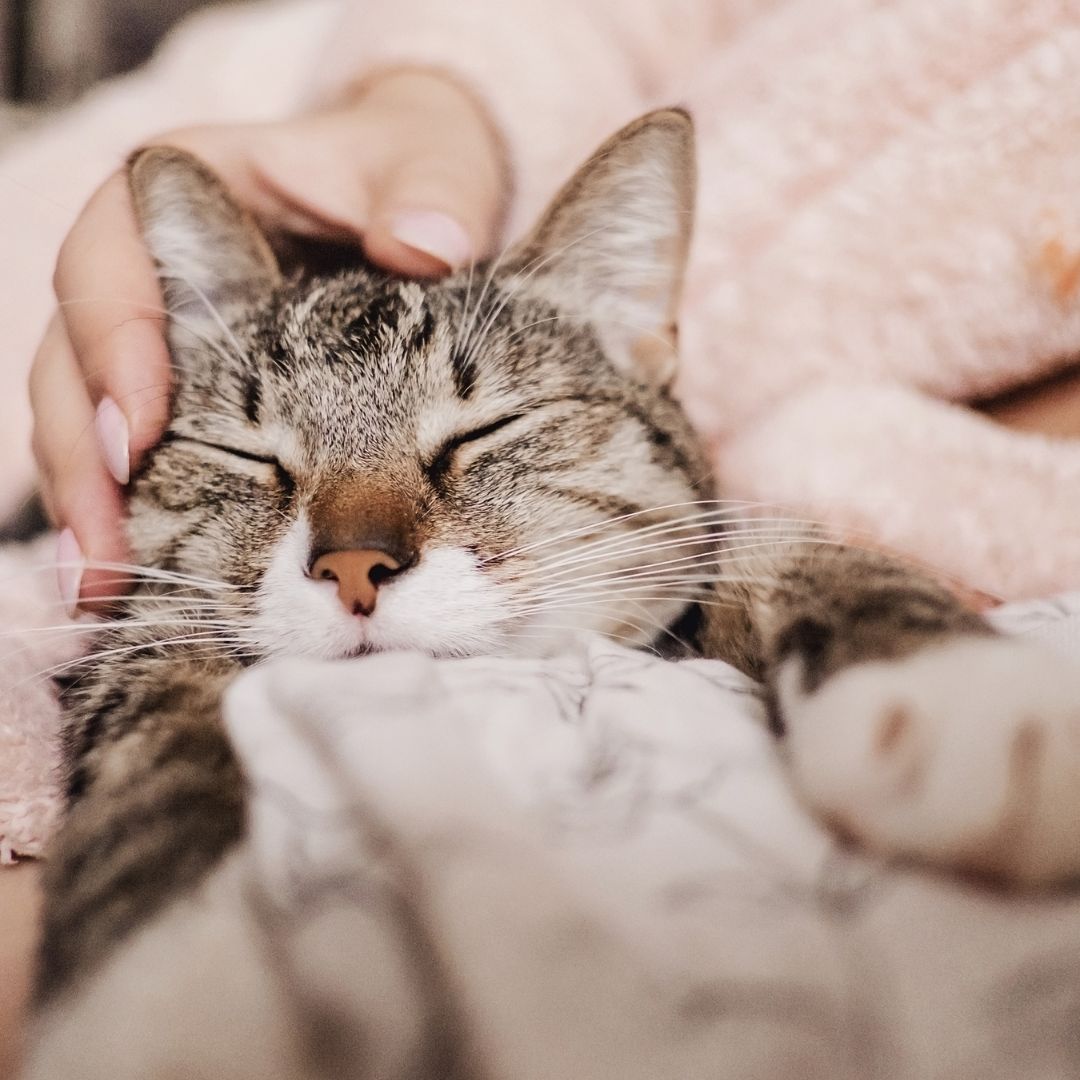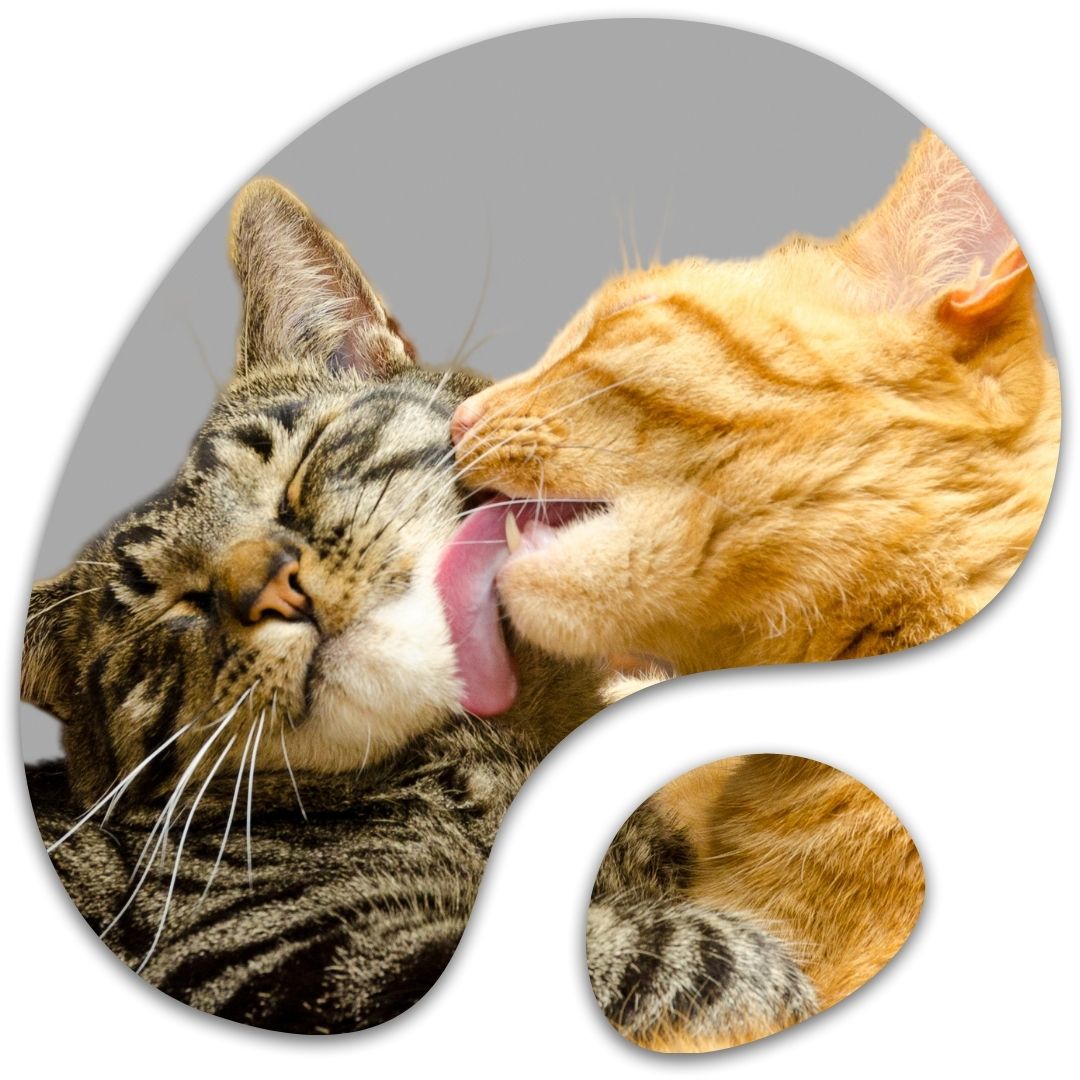
🐱 Understanding Feline Immunodeficiency Virus (FIV)
🧬 What is FIV in Cats?
Feline Immunodeficiency Virus (FIV) is a lentivirus that compromises a cat's immune system, making them more susceptible to infections. Often likened to HIV in humans, FIV is species-specific and does not infect humans. With proper care, FIV-positive cats can live long, fulfilling lives.
How is FIV Transmitted?
-
Bite Wounds: The primary mode of FIV transmission is through deep bite wounds, where the virus in the infected cat's saliva enters the bloodstream of another cat. This makes outdoor, unneutered male cats, who are more prone to fighting, particularly vulnerable. (source)
-
Mother-to-Kitten Transmission: While less common, FIV can be transmitted from an infected mother to her kittens during birth or through nursing.
-
Casual Contact: FIV is not typically spread through casual interactions like grooming, sharing food bowls, or close living quarters. Therefore, FIV-positive cats can often live with non-infected cats without a high risk of transmission, provided they do not fight.
🩺 Symptoms of FIV in Cats
FIV-positive cats may remain asymptomatic for years. However, as the virus progresses, the following symptoms may emerge:
-
Chronic Infections: Recurring respiratory, skin, urinary, or oral infections.
-
Inflammation: Conditions like gingivitis or stomatitis.
-
Weight Loss: Unexplained loss of weight and appetite.
-
Fever: Persistent or recurrent fevers.
-
Lethargy: Decreased energy levels and increased sleepiness.
-
Swollen Lymph Nodes: Enlargement of lymph nodes.
If your cat exhibits these symptoms, consult a veterinarian for appropriate testing and diagnosis.
🛡️ Managing and Treating FIV
While there's no cure for FIV, infected cats can lead healthy lives with proper management:
-
Regular Veterinary Check-Ups: Schedule bi-annual visits to monitor your cat's health and address any emerging issues promptly.
-
Balanced Diet: Provide a nutritious diet to support the immune system. It's advisable to avoid raw food diets due to the risk of bacterial and parasitic infections, which FIV-positive cats are more susceptible to. (kittencoaliton.org)
-
Stress Reduction: Maintain a calm environment to minimize stress, which can weaken the immune system.
-
Indoor Living: Keeping FIV-positive cats indoors reduces their exposure to pathogens and prevents the spread of the virus to other cats.
🚀 Debunking FIV Myths
-
Myth: FIV is easily transmitted through casual contact.
Fact: FIV primarily spreads through deep bite wounds. Casual interactions like sharing food bowls or grooming are unlikely to transmit the virus. fivcats.com
-
Myth: FIV-positive cats cannot live with FIV-negative cats.
Fact: Coexistence is possible if the cats get along and do not fight, as the risk of transmission is minimal.
💙 Considering Adoption of an FIV-Positive Cat
FIV-positive cats are often overlooked in shelters but can make loving companions. With proper care, they can enjoy long, healthy lives. If you're considering adoption, don't hesitate to open your home to an FIV-positive cat.






